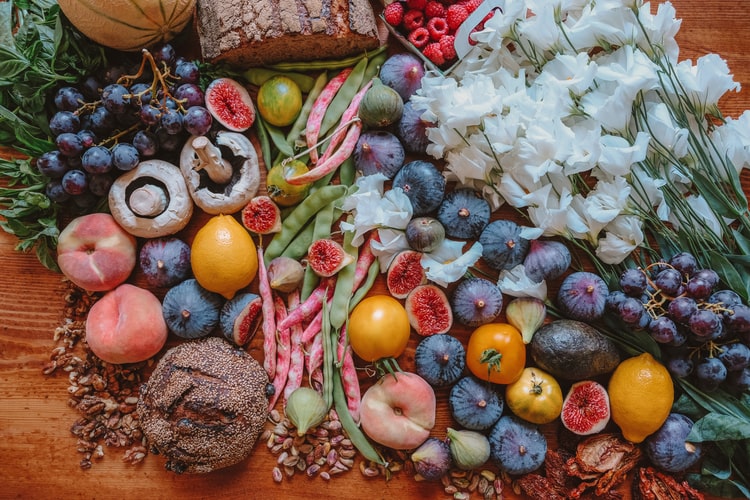
Why is the gut so important?
The gut and digestion is often the first body system a Nutritional Therapist or Functional Medicine Practitioner will start, when assessing a clients health.
The gut is known as the second brain, and although we know a lot more than we did a few years ago, there is still a huge amount we do not know.
Your gut is home to about 1kg of bacteria, and we have more bacteria in our large bowel alone than all our human cells together.
- Gut Microbiome – is like an ecosystem, say a rainforest, supporting life and life cycles within your body
Imagine these bacteria working like a ‘factory’ creating, breaking down & improving.It’s the corner stone of our immune health – about 60-70% of our immune system is in our gut
Essential for
- Elimination of waste
- Production of hormones, serotonin – happy / willpower & several that support our appetite
- Absorption of vitamins & minerals
Signs & Symptoms of Poor Gut Health
- Constipation, Diarrhoea, Burping, Flatulence, Bloating
- Subfertility – difficulty conceiving
- Weight Gain / Weight Loss
- Hormonal imbalances
- PMS, PCOS, peri-menopause issues
- Endometriosis / Fibroids
- Headaches, Migraines
- Food sensitives & reactions
- Bad breath, unpleasant taste in mouth
- Bad moods / low resilience to stress
- Anxiety or depression
- Poor memory, concentration
- Low energy / fatigue
- Thrush / infections
- Frequent infections / stomach bugs / virus’ / colds / flu
- Auto-immune diseases and chronic conditions (Hypothyroid, Rheumatoid arthritis, MS & Ulcerative Colitis)
- Mood disorders & learning difficulties (in children & adults)
- Vitamin & Mineral deficiencies
Your gut health is vital to your overall health & wellbeing, more and more evidence is confirming this. Although Nutritional Therapists and more traditional medical approaches have always focused on “the Gut” and it’s not usually a place where conventional medicine looks unless you experience the more obvious symptoms like IBS for example.
How to improve gut health
- Feed your good bacteria:
Eat plenty of colourful vegetables & fruit, lentils, beans, chickpeas and plant based foods. Fibre rich foods are prebiotic foods, which feed the good gut bacteria.
If however, you react to any of the above foods, it’s very likely you have an issue with your gut. - Move your body:
A little exercise everyday is shown to benefit the good bacteria in your gut (yes, housework also counts) - Avoid unnecessary medications – especially antibiotics
Antibiotics kill off an infection, which may save your life, but they also kill a lot of the good gut bacteria and can damage the ecosystem. - Eat Probiotic foods everyday
Kimchi, miso paste, sauerkraut, kombucha, organic kefir, live organic yoghurt, fermented vegetables etc.. These foods contain live bacteria and enable growth of the beneficial bacteria. Just a little, goes a long way in creating harmony in your gut - Consider a probiotic supplement – especially if you have taken antibiotics or have any gut discomfort
There are many more things you can do, but these would be my top 5 and most common things to try, without having to see a practitioner. If you do have any of the above symptoms, I would recommend booking a free discovery session with me to see how I might be able to help you regain your health for the long term.
